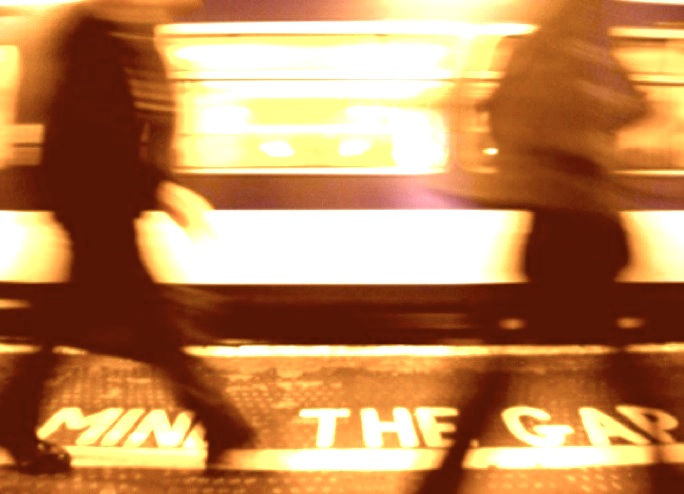I recently read this New York Times article discussing Supreme Court Justices' increased citations of dictionaries — over 120 different ones — in order to come to and strengthen their court decisions.
As you may know I love the OED, and the piece reminded me of something I'd fancifully written months ago — a Hegelian analysis of the idea that dictionaries serve to limit as well as broaden our scopes of language ... and thought I'd post it here.
Thesis: Dictionaries are a repository of factual information, letting us know which words are words and giving us legitimacy when we use the tome ("hey, it is real — I looked it up in the dictionary!"). They also tell us what they mean, or are said to mean, opening up worlds to us and giving us a clear way of understanding the intentionality behind what others are saying. They also give us ways to say things ourselves — a sort of grab bag of words to choose from.
Antithesis: This is sort of limiting. For all the doors it opens to us, it also puts up walls. Words or interpretations of words not legitimized by the dictionary are labeled false or incorrect. The dictionary is neither personal nor vogue: the dictionary is right, and does not give us leave to conjure up new meaning for ourselves. For all that the dictionary broadens our lexical horizons, it sets strict borders as well.
Synthesis: The OED! Oh, the beauty of the OED, which gives us meanings with the promise of malleability and the guarantee of expansion. It's a dictionary created to account for the transcience of a living, breathing, growing language like English ... why don't judges stick to the OED alone?
As you may know I love the OED, and the piece reminded me of something I'd fancifully written months ago — a Hegelian analysis of the idea that dictionaries serve to limit as well as broaden our scopes of language ... and thought I'd post it here.
Thesis: Dictionaries are a repository of factual information, letting us know which words are words and giving us legitimacy when we use the tome ("hey, it is real — I looked it up in the dictionary!"). They also tell us what they mean, or are said to mean, opening up worlds to us and giving us a clear way of understanding the intentionality behind what others are saying. They also give us ways to say things ourselves — a sort of grab bag of words to choose from.
Antithesis: This is sort of limiting. For all the doors it opens to us, it also puts up walls. Words or interpretations of words not legitimized by the dictionary are labeled false or incorrect. The dictionary is neither personal nor vogue: the dictionary is right, and does not give us leave to conjure up new meaning for ourselves. For all that the dictionary broadens our lexical horizons, it sets strict borders as well.
Synthesis: The OED! Oh, the beauty of the OED, which gives us meanings with the promise of malleability and the guarantee of expansion. It's a dictionary created to account for the transcience of a living, breathing, growing language like English ... why don't judges stick to the OED alone?



